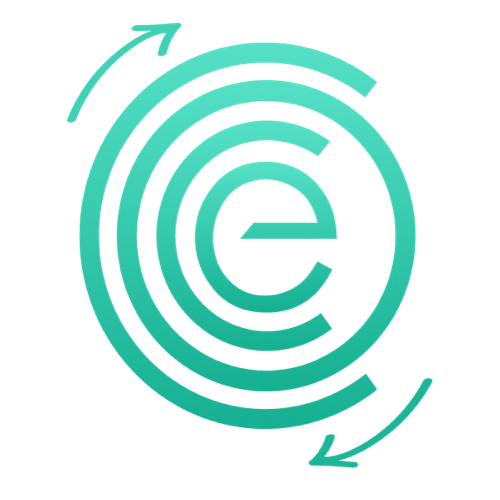Legal obligations around waste separation in the Netherlands: What do you need to know?
Sustainable waste management is becoming increasingly important, both for companies and for society as a whole. The Dutch government and the European Union (EU) have therefore drafted several laws and regulations to encourage waste separation and reduce environmental impact. But which rules apply exactly? And what obligations do companies and institutions have? In this blog, we discuss the legal frameworks, obligations and possible consequences in case of non-compliance, with a specific focus on Ecocreation's sustainable solutions.
Legal frameworks for waste separation
In the Netherlands, waste management is largely enshrined in the Environmental Management Act and the LAP3 (National Waste Management Plan 3). These regulations require companies to collect waste separately to promote reuse and recycling. The government applies the principle of Ladder of Lansink, with prevention and reuse preferred to incineration or landfill The ladder has a European counterpart, in use in Germany, Austria, among others.
In addition, there are European guidelines, such as the Waste Framework Directive (2008/98/EC), which requires member states to promote waste separation and meet recycling targets. The Netherlands has translated this directive into national legislation.
European 5-step model
The European waste hierarchy is often referred to as the "5-step model" or "the 5 steps of the waste hierarchy", but in terms of its official number, it does not have a specific item number like "number 1" or something similar.
However, the waste hierarchy is laid down in European Parliament Directive 2008/98/EC, also known as the Waste Framework Directive.
In it, the hierarchy is described in Article 4, and it consists of five levels:
So in short, when talking about a "number", the waste hierarchy is often linked to Article 4 of Directive 2008/98/EC.
Which companies should separate waste?
Not only households, but also companies are obliged to collect waste separately. The obligations vary by sector and size of business. In general terms:
With the innovative compost machines and the necessary peripheral equipment (depackers, filters) from Ecocreation companies and institutions can efficiently process their organic waste into high-quality compost and certified animal feed (GMP+, QS anerkannt), thus complying with legislation and contributing to sustainability.
Enforcement and sanctions
Enforcement of waste legislation is carried out by various bodies, including municipalities and the ILT. Companies that do not comply with the rules may face:
By using the innovative solutions of Ecocreation, such as advanced compost machines, companies can easily comply with regulations while reducing their carbon footprint.
Compliance tips
To comply with legal obligations, companies can take the following measures:
Conclusion
Waste separation is not only an environmentally conscious choice but also a legal obligation for many companies in the Netherlands. By complying with regulations, organisations can not only avoid fines, but also contribute to a more sustainable society. Implementing structured waste management processes helps companies handle their waste streams more efficiently and responsibly.
Want to know how your business can be more efficient and sustainable with waste? Contact Ecocreation and find out how our innovative solutions can help you comply with legal requirements and save costs at the same time!

